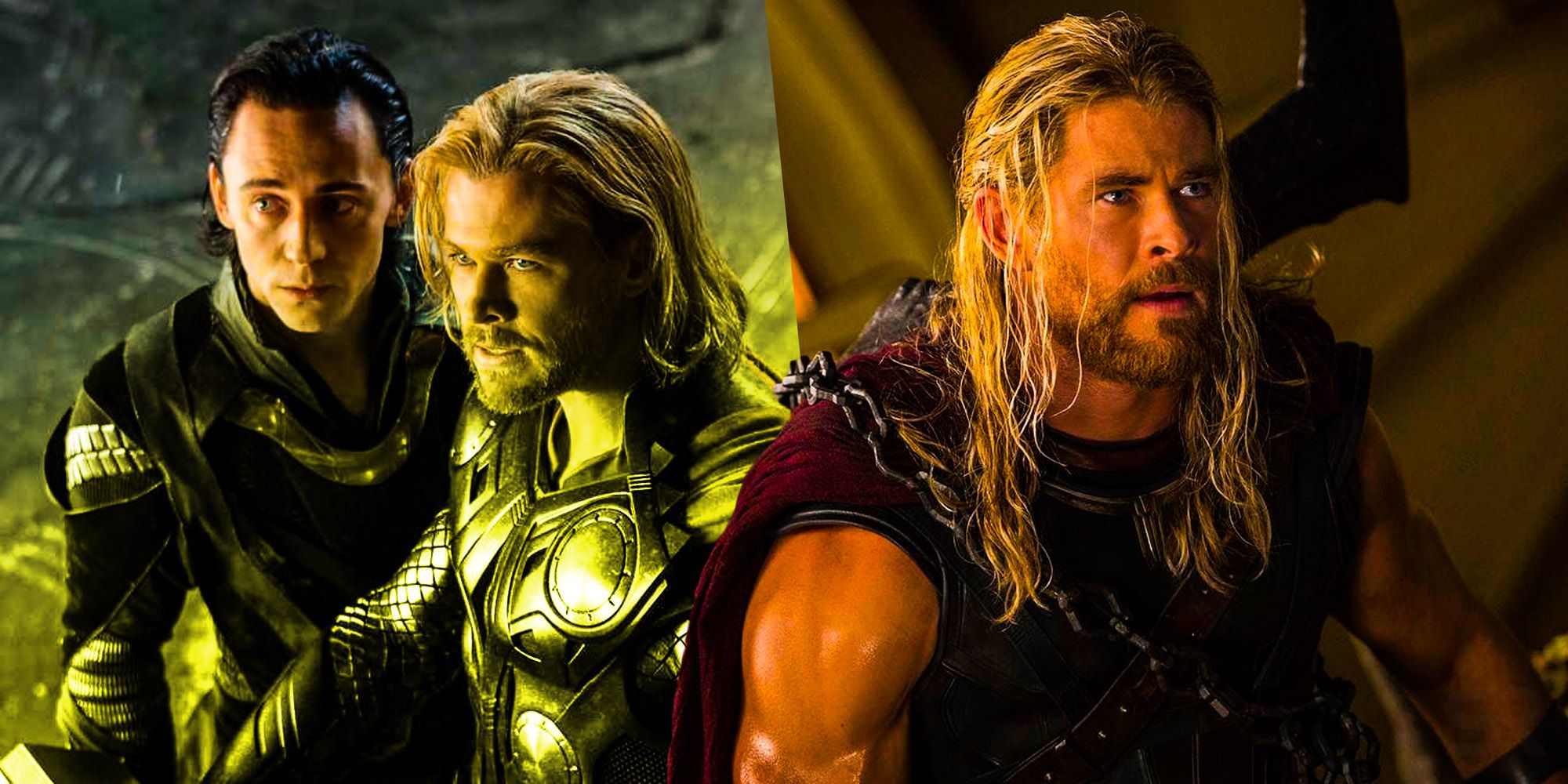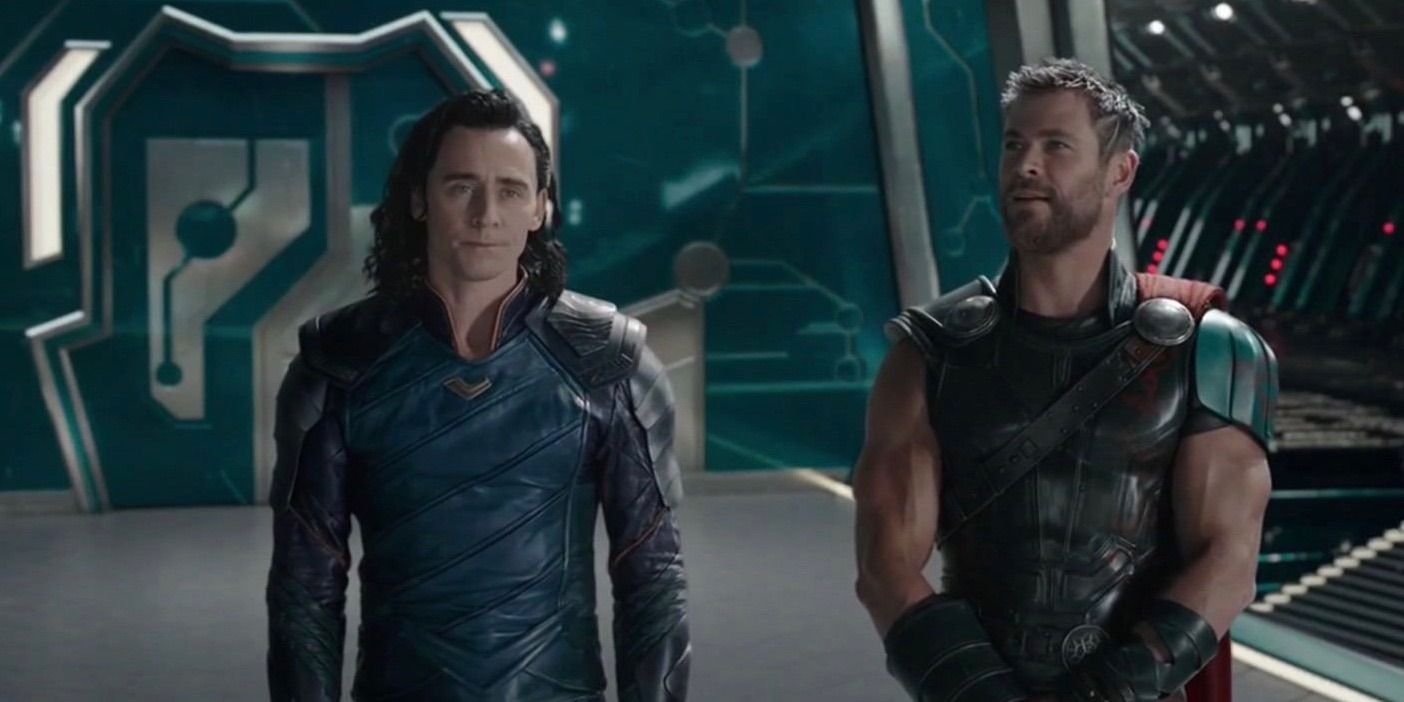For as loved as it is, the truth is that Thor: Ragnarok is a great movie – just not a great Thor or Loki movie. Released in 2017, the film was loved by critics and audiences alike, still holding a 93% critics' score and 87% audience score on Rotten Tomatoes. After the first two Thor movies were released and generated a solid amount of money but were met with mixed to "meh" reactions across the board, it became clear Marvel wasn't entirely sure how to tackle the God of Thunder's solo films.
But when filmmaker Taika Waititi pitched his out-there idea to them for the third Thor movie, Marvel Studios loved his departure from what had come before and hired him. At that point, there was nothing to lose. It was clear the Thor franchise had to be shaken up in a major way, and if any of the solo franchises were ripe for experimentation, it was that one. Thus, Waititi's zany sense of humor transformed Thor from what had previously been fantasy Shakespearean dramas to a straight-up buddy comedy. It was a breath of fresh air, both for Marvel and the Thor franchise, and audiences embraced Waititi's wildly entertaining film.
Yet, while Thor: Ragnarok was an entertaining movie, it wasn't a Thor movie. Nor a Loki one. It's telling that the Rotten Tomatoes audience score sits six points lower than the critics' score; almost always, especially for superhero movies, that dynamic is flipped. Waititi has said many times over the years that he didn't bother to read the Thor comics beforehand and he completely ignored the mythology. It made for a fresh slate to work with, which was needed. The problem is that it went too far in that direction. There was nothing in the movie that was inherently about Thor; it might have been a movie with any character plugged into his role. Outside of leveling up his powers, there was no growth for him, no continuation of the arc he'd had over the first two Thor movies and two Avengers movies to that point. Character development was thrown completely out the window.
As for Loki, God of Mischief, he was handled even more poorly. Where he'd always been a villain to reluctant ally in movies past, Thor: Ragnarok reduced him to the butt of the joke. Never is this more evident than the elevator scene. It was the one time in the movie where Thor and Loki actually had a meaningful moment. It might have been a transformative one for Loki, too, as Thor finally admitting he no longer had faith his adopted brother could be redeemed and that they should part ways clearly hit Loki harder than he had anticipated – perhaps it wasn't what he wanted, after all. However, the poignancy was barely allowed to register before the movie was onto the next joke, this one involving their "get help" scheme that, as Loki pointed out, was humiliating for him.
Though Loki redeemed himself at the end and Thor learned to harness the power within, it was, in many ways, a regression for them both. At the very least, they merely treaded water. The characters were there to serve the jokes rather than the other way around, with character exploration and the established mythology both being sacrificed on the altar of the next punchline. Thor: Ragnarok was a great deal of fun, but not much else. While that was fine for a reset, Waititi's next Thor movie, Thor: Love & Thunder, needs to remember character continuity matters, too.










